As the U.S. and E.U. remain asleep at the wheel, the Balkans face what could be another Serb, Bosnian, Croat civil war, drawing Russia and Turkey into the fray. Will Milorad Dodik fuel Serbian secession igniting the spark? Bill Stuebner offers analysis and possible solutions.
“The place is a powder keg,” a well-respected international diplomat with vast experience in the Balkans told me during our latest meeting. “And Dodik is close to lighting the fuse.” With the diplomat having just spent a few weeks in and around Bosnia and Herzegovina, I trusted the assessment. And the assessment about Milorad Dodik, the populist politician currently serving as the 7th Serb member of the Presidency of Bosnia and Herzegovina, seemed spot on.
Of course predicting the spark that sets off the Balkan powder keg, ushering a return to bloody civil war, seems like an easy one. Historically speaking, the residents of the Balkans, particularly those of Bosnia and Herzegovina (BiH), will go back to slaughtering each other, as they did 30 years ago. The inanity of the 1995 Dayton (Paris) Peace Agreement, along with feckless Western powers, virtually guarantee renewed conflict.
The situation is reminiscent of one of the key scenes in the 2005 film, “Kingdom of Heaven,” a Ridley Scott epic set during the 12th Century Crusades. “Give me a war,” orders King Guy de Lusignan to Reynald of Châtillon, Prince of Antioch, and one of the King’s most loyal supporters. “That is what I do,” replies Reynald.
The Bosnian War marked Europe’s bloodiest conflict since World War II, a genocidal war resulting in nearly 100,000 dead and over 2.2 million people displaced in horrific acts of ethnic cleansing. The breakup of Yugoslavia provided the fuel for the three year conflict. The powder keg is now primed, again. Ethnic and political divides remain strong. We must find a way to stop the coming violent conflict.
Exact predictions of when the final bloody break will come will remain difficult to make until it’s too late to avoid bloodshed.”
The Dodik Problem
In 2018, when Milorad Dodik was elected the 7th Serb representative in the BiH Presidential Triumvirate, having served repeated terms as Prime Minister and then President of Republika Srpska, he brought with him a long history of obstructionism towards the international community. This, coupled with heated, racially divisive domestic politics, and the denial of Serb atrocities during the war, was targeted towards winning the populist vote.
For years Dodik advocated the fracturing of BiH, and the carving of this frail state into ethnically divisive sections. An ultra nationalist, Dodik has called BiH a “failed country” and a western “experiment” that “does not work”.
One of the cornerstones of the Dayton Peace Agreement was the notion of unifying the three warring armies under one banner, with the ambition of it helping create a stable nation-state, preventing further bloodshed and divesting the military of ethnic biases. The Armed Forces of Bosnia and Herzegovina (OSBiH or BiH Joint Military) became the official military force of BiH.
Under Dodik’s leadership, there is little wonder the already weak BiH Joint Military is joint in name only. At the unit level, BiH could never break its stark ethnic divides. Still, historically, BiH military leadership was quasi-cohesive, working closely with European peacekeeping forces and the international community. Its political leadership was kept at arms-length.
This took a perilous turn after Dodik recently threatened to stop cooperating with the Bosnian state institutions, and to raise his own Army of Republika Srpska. Such a move would destroy what little unity there is, creating a divisive military marching under Dodik’s very own banner. It’s hard to not see this as anything but a dangerous precursor to a new civil war.
Exact predictions of when the final bloody break will come will remain difficult to make until it’s too late to avoid bloodshed. But what steps, if any, could the West take to thwart Dodik’s plans, and those of his accomplices, and correct the perilous course the region is on?
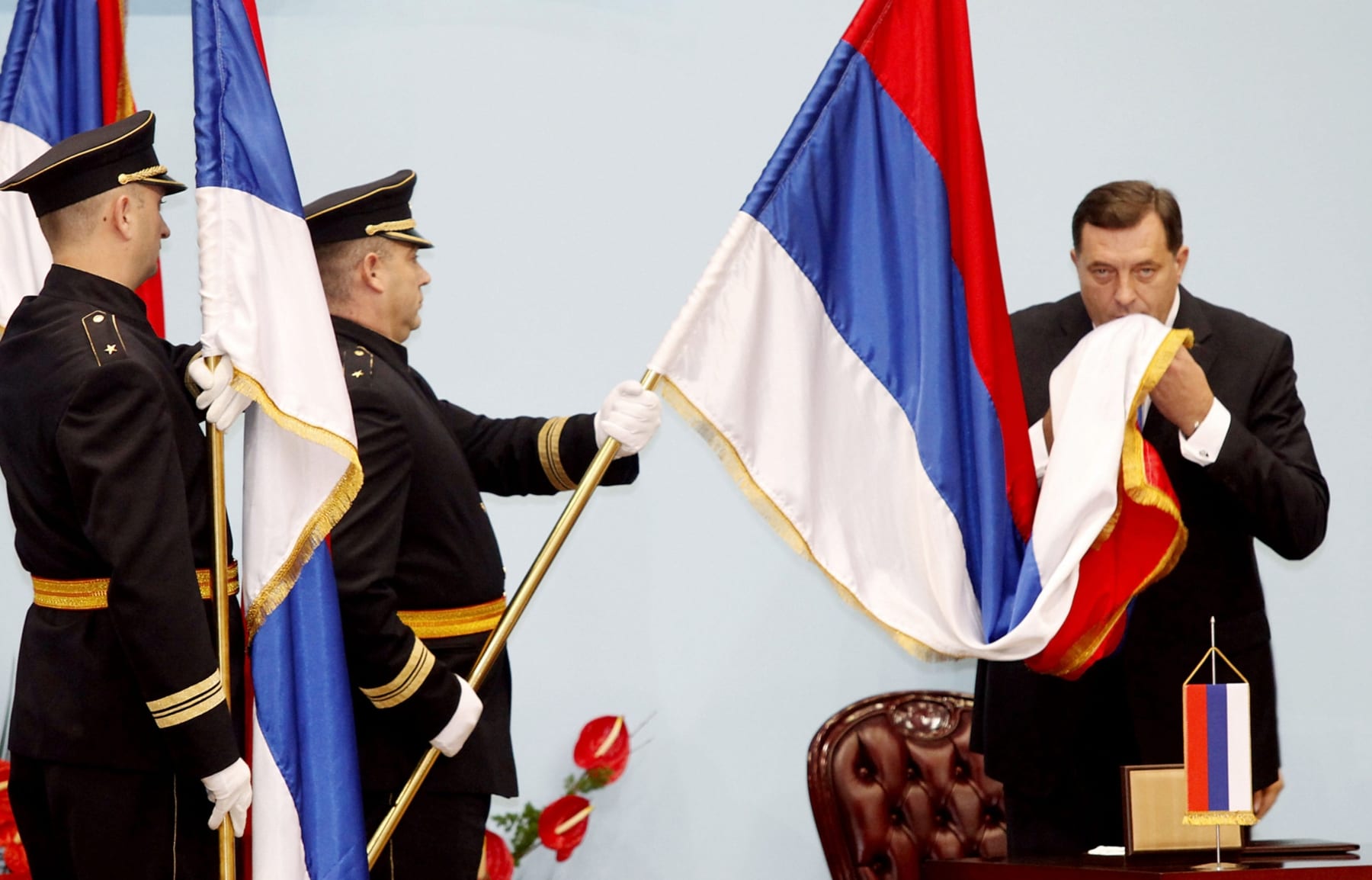
Today, the geopolitical power balance is very different from that of 1995 when Dayton was imposed not just on BiH, but also on a weakened Russia still reeling from the breakup of the Soviet Union. In those days, U.S. Ambassador / Assistant Secretary of State Richard Holbrooke could throw America’s might around during the Dayton talks, and there was not much anyone could do about it. In 1995 the United States was the last man standing amongst the superpowers.
Today, American influence is greatly diminished, partly because of the bloody nose it received from its humiliating failures in Afghanistan and Iraq, but mostly because its leaders lack the will to engage in anything difficult internationally. The United States is now just one of many players when it comes to questions like the continued existence of BiH.
Vladimir Putin, on the other hand, while playing a far weaker hand than that of the former Soviet Union, has shown the will to carry out Russian foreign policy with force and determination. Putin has inevitably shown that such will can overcome strength when dealing with opponents who lack the former. Russia has displayed this frequently, most notably in Crimea, Ukraine, Mozambique, Sudan, Libya, and Iraq.
Compounding Putin’s resolve is Europe’s considerable reliance on Russia’s rich natural gas supplies, a Sword of Damocles that hangs heavy over the EU. Such dependency has hamstrung Central and Western European leaders, all too weak to call Russia’s bluff for fear of damaging their economies. These are leaders oblivious or willfully ignorant to the fact that a unified EU boycott would wreak havoc on a Russian economy wholly dependent on the export of natural resources.
Should Dodik choose to carry out his threats to destroy the tragically flawed Dayton accords, and set Republika Srpska on the path to secede from BiH, Russia’s next moves are fairly predictable.
Thousands of “little green men” would deploy from the asymmetrical hybrid warfare unit the Russian military intelligence directorate has created, commonly known as Wagner. A few fighter-bombers dispatched from Republika Srpska would dare NATO to do anything about it.
At the same time, Russia could incentivize Serbian President Aleksander Vucic to engage the heavy weaponry of the JA (Yugoslav Army) with the promise of regaining Kosovo as an integral part of Serbia. In this way, he could neutralize Bosniak leaders whose remaining Bosnian Army would have no chance of ensuring the continued integrity of Bosnia and Herzegovina.
During this emerging crisis it is questionable whether the Army of the Republic of Croatia, a full-fledged NATO member since 2009, would deploy. Conflicts with NATO would result if actions taken are not supported by the NATO alliance. Regardless, any military action taken by the Croation Armed Forces would likely be only to secure Western Herzegovina for the “defense” of Croats in that region. Undoubtedly, this would be done with the legitimacy provided by the Croat-member of the Bosnian presidency, Dragan Covic, who has had a long-cherished dream of the Croat part of BiH joining Croatia. This would only further fuel what would then be a full-blown military conflict.
While shedding crocodile tears on the world stage, Croatian leaders would work behind closed doors to take advantage of the crisis and ultimately annex Western Herzegovina into what many Croatians have always considered the natural structure of the Croatian Republic. Russia would likely avoid encroaching upon what Croatia considers its rightful territory and, thereby, obviate the risk of triggering the NATO collective self-defense clause. What the world would witness is a modern-day Molotov-Ribbentrop pact on a small scale.
The only hope at that point would be a unilateral move by Turkey to intervene militarily, albeit primarily to bolster Bakir Izetbegovic, Turkish President Recep Erdogan’s regional protégé. Izetbegovic, who served as the 6th Bosniak member of the Presidency of BiH from 2010 to 2018, is still widely considered to be the real leader of BiH’s Bosniaks. Much like his late father, Alija Izetbegovic, who in 1992 became the first president of the newly independent Republic of Bosnia and Herzegovina, Bakir Izetbegovic only truly supported a unified BiH if a Muslim majority dominated it. Bakir would then rule as the de facto potentate of a rump Bosnia and Herzegovina.
While BiH is unraveling, the bulk of the militarily ineffectual EUFOR (European Force) in Bosnia and Herzegovina would likely be withdrawing. Out of the over 500 men and women deployed under the EUFOR banner today, 120 are from the Turkish forces. Such leverage could support an Erdogan gambit to springboard Turkey into a region that remained an integral part of the Ottoman Empire for 600 hundred years. In short order, this would mean that Erdogan, “The Man Who Would Be Sultan” would soon find an uneasy meeting of purpose and intent with “The Man Who Would Be Tsar” – Vladimir Putin. And neither is foolish enough to trust the other.
The place is a powder keg … and Dodik is close to lighting the fuse.”
The Melian Dialogue lives
What can be done to avoid this bleak scenario? For the West, military options are out of the question. Neither the United States, nor the European Union, will risk global escalation of the conflict to save Holbrooke’s still-born creation.
Tragically, some predicted this fate from the very beginning. In May, 1992, on the third day of the first donor conference for Bosnia and Herzegovina in Brussels, two old diplomats made a grim observation. One German and one Italian, both veterans of World War II in the Balkans, they summed up the situation with the following formula: “Build a wall around Bosnia and Herzegovina and lock the door. Wait twenty years and open the door. If there is anyone left alive, lock the door for another twenty years.” Of course, such hyperbole highlighted what was really at stake and, for the sake of so many innocent people, we should still heed the message. Something must be done.
The European Union has significant economic leverage, which it could utilize. However, in the absence of German Chancellor Angela Merkel, it has become increasingly difficult to imagine the EU unified enough to effectively come to terms with what must be done, much less apply pressure evenly and reliably. Nevertheless, there are options.
First and foremost, despite the economic risk, the EU must look to alternative sources for its energy needs and lift its overwhelming dependence on Russian natural gas. This would be at least as damaging to Russia as the EU, but it is significantly more likely to frustrate Putin’s weaponization of energy and force Russian attrition. This approach is compatible with the economic Union that is the core of the EU, and while costly and difficult, it remains a better path than actual armed conflict with Russia.
Another means of pressure by the EU, this time directed towards the problematic leaders of the Balkans, could be through the effective use of immigration controls. Hundreds of thousands of former Yugoslavs live and work inside the Union, and unlike the mass refugees of the 1990s that taxed EU resources, they compensate for a very serious labor shortage stemming from decades of Western Europe’s ever-decreasing birth rate. At the same time, they help to alleviate economic and political pressures on their respective home governments, which are unable to provide job opportunities, adequate housing, or necessary social welfare support. Work in the EU also allows them to send substantial remittances to relatives who remained behind.
Both Dodik and Vucic could be made to pay a fatal political price if EU member states were to revoke all working visas to these citizens. The enormous monetary penalty and political backlash from returning workers makes for an angry electorate and unstable economic situation. Putin’s Russia can barely provide for its own population, let alone take care of the resulting unemployed citizens of Serbia and Republika Srpska. The mere threat of such a coordinated EU-wide policy might, by itself, create enough turmoil inside BiH and Serbia to force political reconsideration and readjustment towards divisive and antagonistic policies.

This strategy would bear an immediate and significant economic cost to the EU, however the loss of Serb workers could be overcome. While Serbs make up the largest part of the former Yugoslav workforce, the impact could also mean nearly 100% employment for Bosniaks and Croats from the Bosnian Federation, relieving tensions from the breakup of Bosnia and Herzegovina. The EU could also step up automation efforts and be willing to accept more laborers from ethnic groups that Europeans, for racial, educational, and religious reasons, have been hesitant to embrace in the past. Russian workers in Europe might even be made to incur the same visa penalty, which would not be beneficial to Vladimir Putin’s political longevity.
Across the Atlantic, the United States should not be left out of the economic and political equation. Brussels must coordinate any efforts made with Washington, with the US imposing the same types of visa restrictions, coupled with additional economic sanctions on Russia, Serbia, and Republika Srpska. This would have less impact on the American economy than it would the EU, but the US must back its EU partners in making these hard decisions and not seek to merely benefit. The EU and the US must also ensure that not one cent of IMF or World Bank money finds its way to the transgressors.
Added public pressure could be the denial of membership in any and all types of organizations and athletic competitions in which the West participates. These joint actions by the West, if enacted smartly, would make both Russia and its Serb allies into political and economic pariahs, forcing serious reconsideration of any aggressive acts.
There is no denying that such measures would be difficult and painful to implement and would most certainly impose unfair punishment on the average Serb and Russian citizen. But if the threat were made meaningful and properly communicated to Putin, Vucic, and Dodik in a way that would leave little doubt as to the seriousness and will of Western powers, it is likely they might well buckle. In any case, these acts of economic warfare are highly preferable to actual conventional war and peacekeeping. The situation and resulting willingness to retaliate against those that step out of line must also be communicated and made clear to Erdogan and the Croatian leadership.
This recommended strategy must also be coupled with renewed determination and energy by the United States and the European Union to make Bosnia and Herzegovina into a viable and fully functioning state. This can only be done by first abandoning Dayton and starting over from scratch. In other words, as a Bosnian friend of mine recently said, Western policies toward BiH must be more than a “soup sandwich.”
Bill Stuebner, LIMA CHARLIE WORLD
[Edits by John Sjoholm and Anthony A. LoPresti]
William Stuebner served in the United States Army for twenty years, first in the Infantry and then as a military intelligence officer. The last five years of his career revolved around the wars in Central America where he first led a special intelligence team and then worked as the El Salvador desk officer for the Department of Defense. He was also an assistant professor in the Social Sciences Department of the United States Military Academy where he taught politics and political philosophy.
Stuebner’s Balkans work began in May 1992, shortly after the commencement of hostilities in Bosnia and Herzegovina and continues to this day. His assignments included: Humanitarian Assistance Officer for the Department of Defense; Bosnian Field Representative for the Office of Foreign Disaster Assistance, United States Agency for International Development; Expert on Mission, Office of the Prosecutor, International Criminal Tribunal for the Former Yugoslavia (twice); Senior Deputy Head of Mission for Human Rights and Chief of Staff, Organization for Security and Cooperation in Europe Mission to Bosnia and Herzegovina. He has also headed two Non-Governmental Organizations dealing with international criminal justice and peace building.
[Subscribe to our newsletter for free and be the first to get Lima Charlie World updates delivered right to your inbox.]
Lima Charlie World provides global news, featuring insight & analysis by military veterans, intelligence professionals and foreign policy experts Worldwide.
Support Lima Charlie’s quality journalism and independent voice! Our team at Lima Charlie World works hard to bring you in-depth & insightful news coverage. We believe in our mission to investigate and report the truth, with an eye towards promoting peace, understanding & positive political engagement … But our independent, investigative journalism takes a lot of time, money and effort to produce. If everyone who reads our work would make a small donation, we would be able to continue keeping you informed. Please take a moment. Thank you in advance for your kind support.
For up-to-date news, please follow us on twitter at @LimaCharlieNews
In case you missed it:
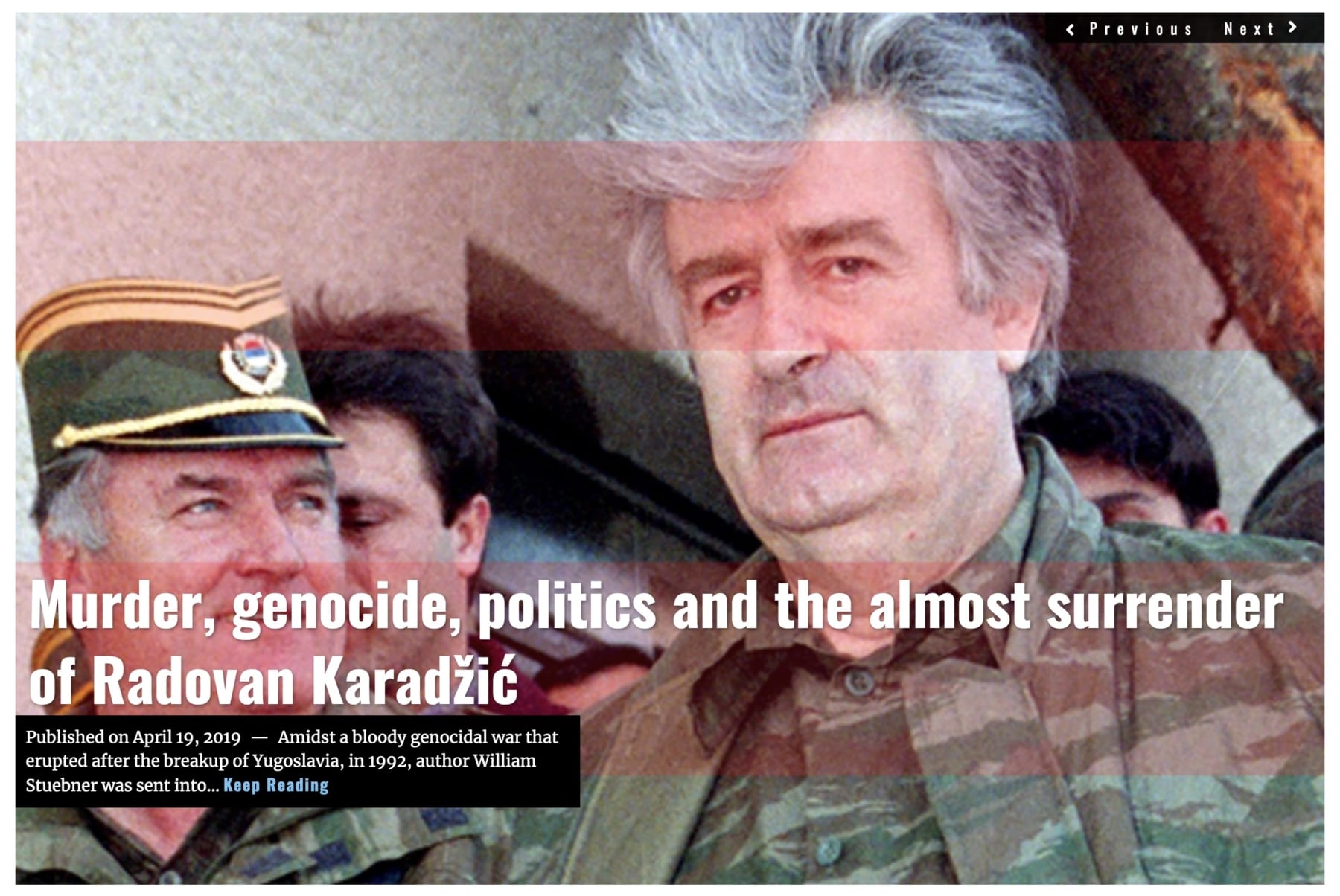
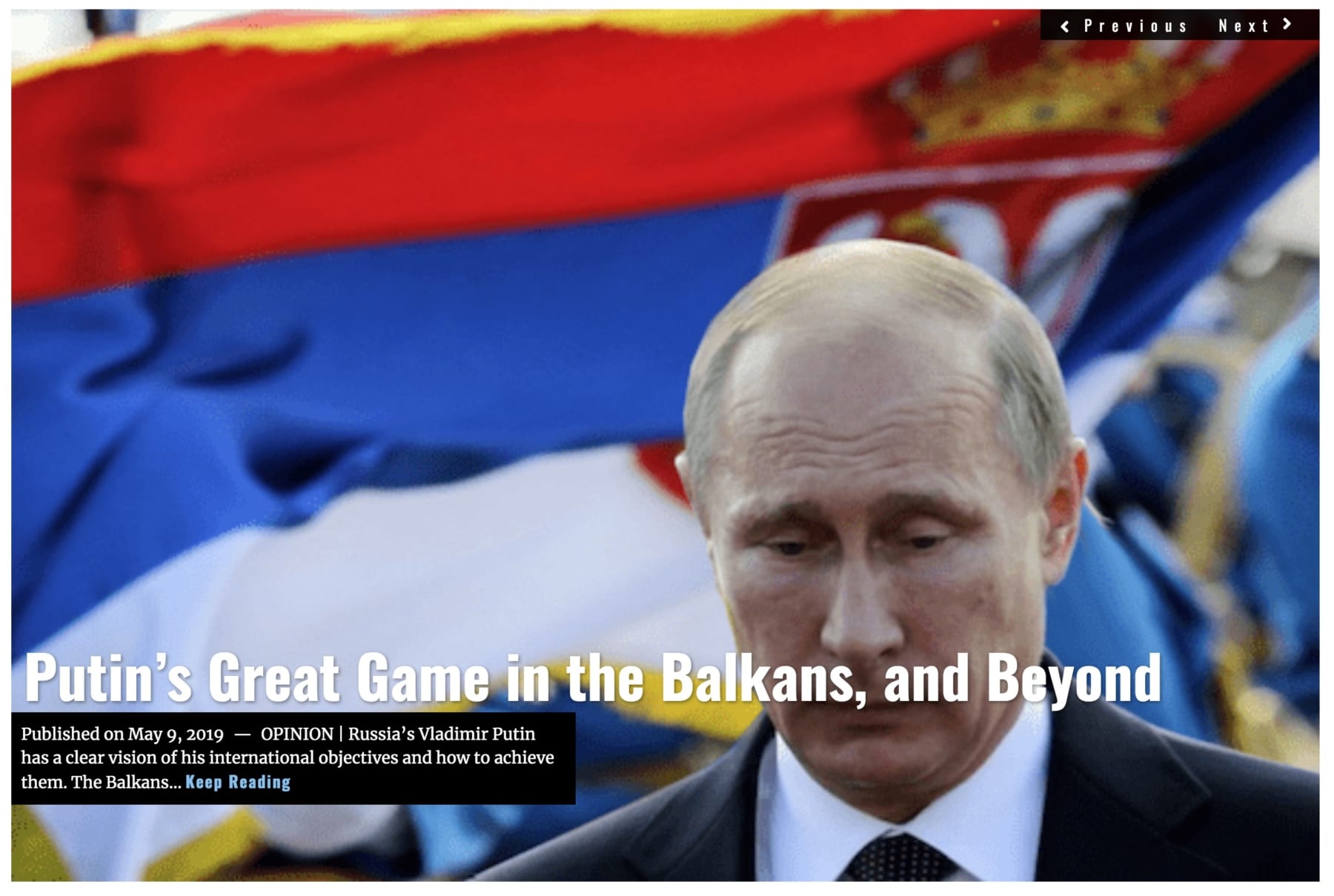
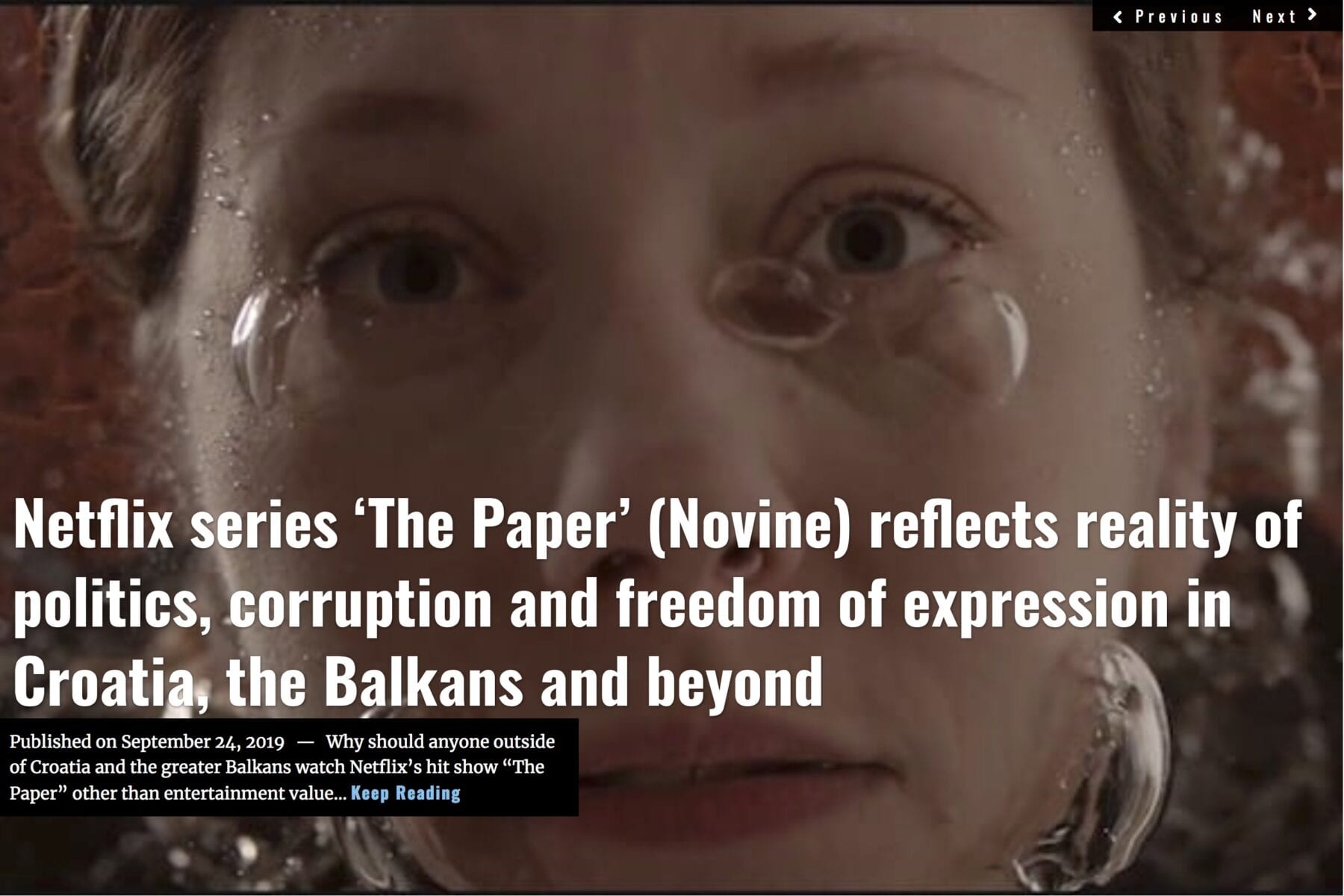

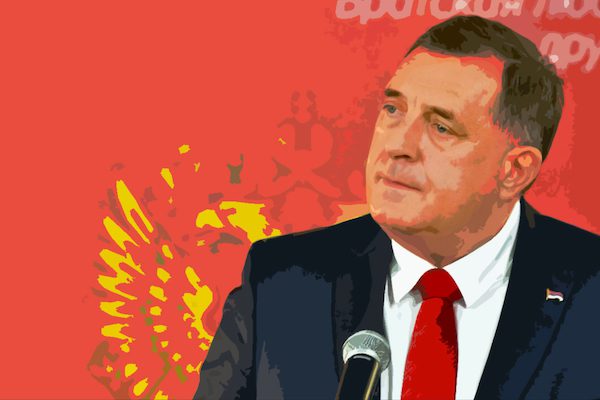
![Image Murder, genocide, politics and the almost surrender of Radovan Karadžić [Lima Charlie News][Lima Charlie World]](https://limacharlienews.com/wp-content/uploads/2019/04/Radovan-Karadzic-001-480x384.png)

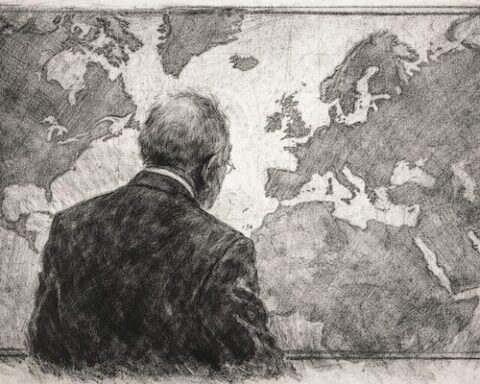
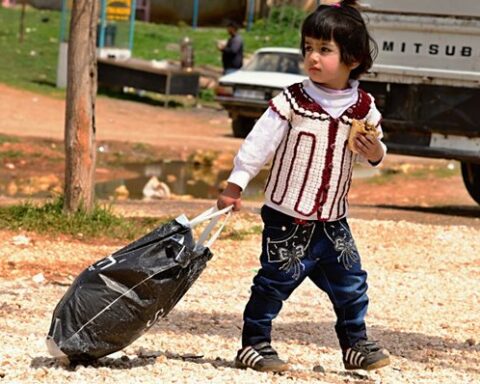
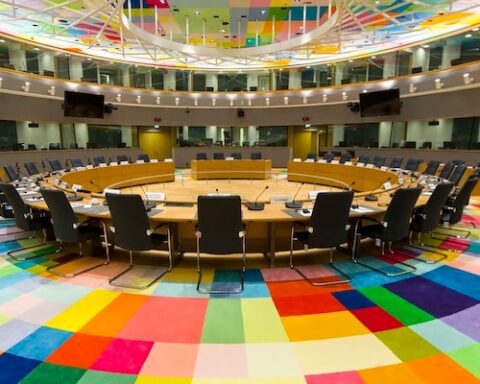

![Image Murder, genocide, politics and the almost surrender of Radovan Karadžić [Lima Charlie News][Lima Charlie World]](https://limacharlienews.com/wp-content/uploads/2019/04/Radovan-Karadzic-001-150x100.png)